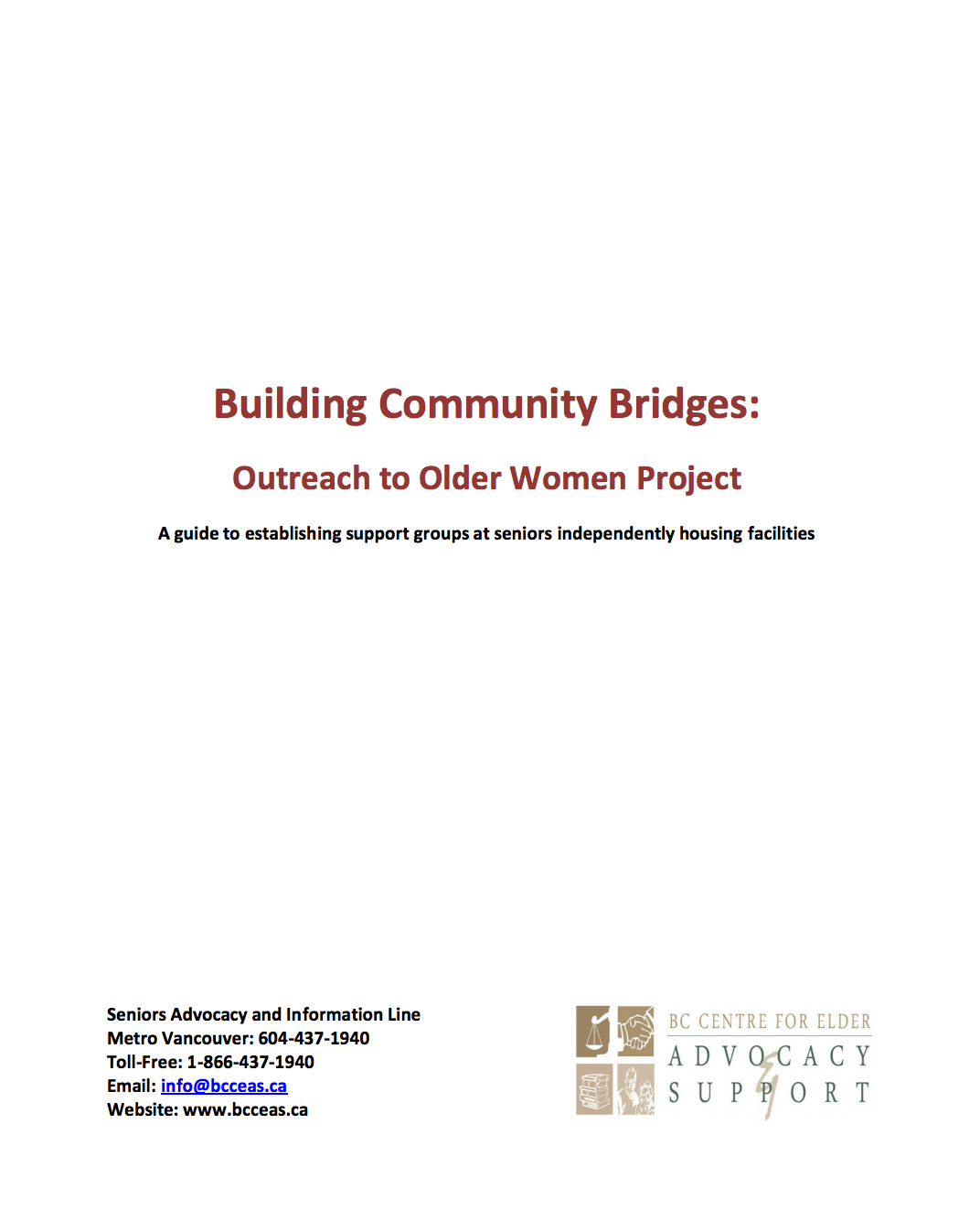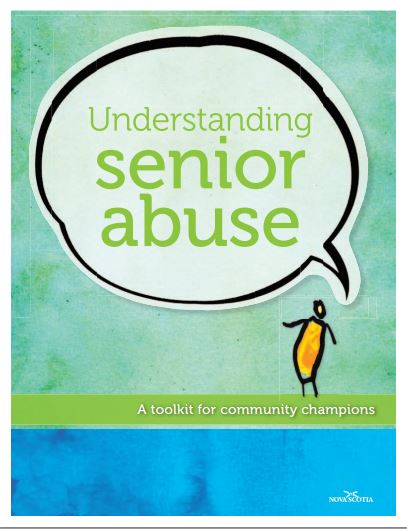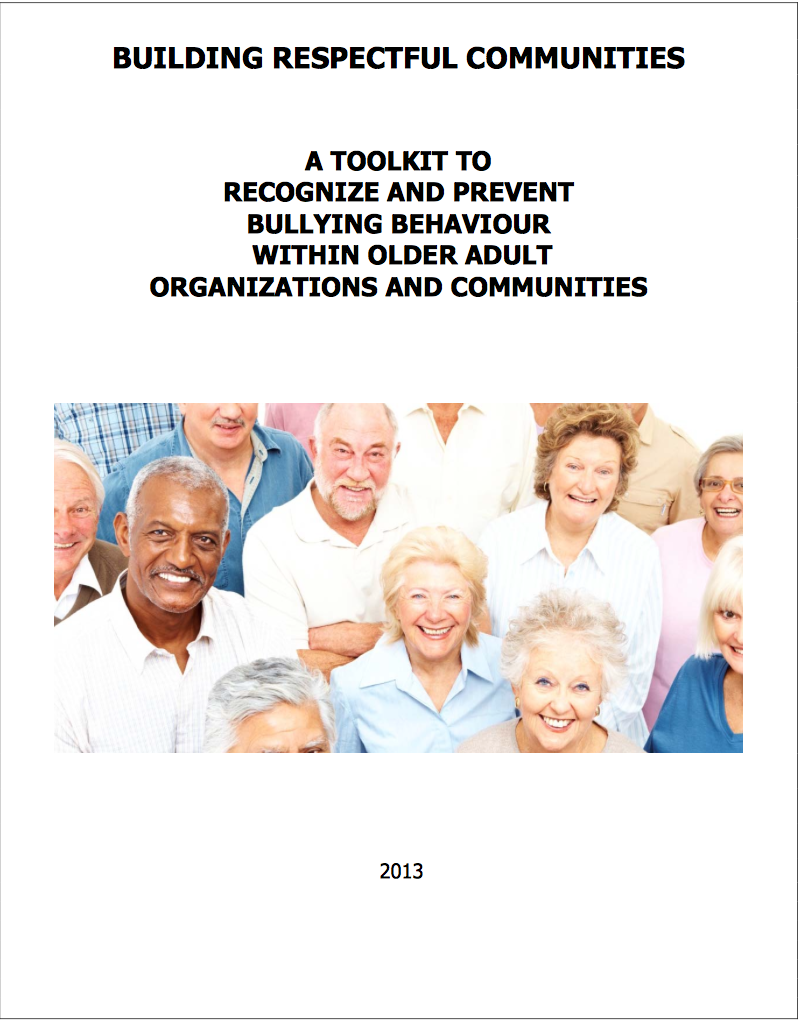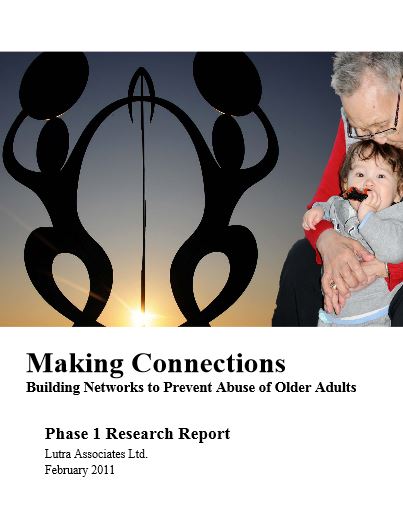
The following resource is part of the Family Violence Initiative, funded by the RCMP. Find similar tools by searching for the FVIF tag or consult the list of available resources.
 A Guide to Establishing Support Groups at Seniors Independently Housing Facilities
A Guide to Establishing Support Groups at Seniors Independently Housing Facilities
"This guidebook is the culmination of a twelve month project by the BC Centre for Elder Advocacy and Support (BCCEAS). The Building Community Bridges: Outreach to Older Women Project was funded by the 2011 Domestic Violence Prevention Response Fund of the Victim Service & Crime Prevention Division, Ministry of Justice, Province of British Columbia. The project was designed to address an unmet need by facilitating the development of support systems for older adult women who may be victims of domestic violence and other forms of abuse. Older adults who have experienced domestic violence and abuse are often isolated and unwilling to disclose abuse to professionals or their peers. The aim of the project was to connect older adult women with their peers in a comfortable and familiar environment in order to break down social isolation and increase the likelihood that they would be able to access the justice system."
Source: BC Centre for Elder Advocacy and Support

Source: Government of Nova Scotia - Department of Seniors
The Building Networks and Leading the Way are two efforts by the Northwest Territories Seniors' Society to prevent the abuse of older adults. The objectives of this project are:
- To identify recent/current elder abuse awareness, intervention, prevention practices in the various regions of the Northwest Territories;
- To facilitate the establishment of information networks and share information on best/promising practice to address all aspects of elder abuse in the various regions of the Northwest Territories;
- To develop support networks for those involved in addressing elder abuse in the various regions of the Northwest Territories.
This research document was carried out by Lutra Associates Ltd, who were contracted by the Society to carry out this work.
Page 2 of 3



















